10 Music Words Explained (Musical Vocabulary)
10 Music Words Explained

You remember elementary school, right? If you were like many, you were given a weekly list of words that you not only had to spell correctly but you also had to define. Your teacher may have even made it in to a game or some sort or ongoing incentive where the first person to get all of their stars on the chart won a prize.
Why did they put so much effort in to vocabulary words? Because every subject has terms that we have to know in order to become proficient. Imagine being a football player and not knowing about touchdowns. Imagine being a doctor and not knowing the names of certain drugs and how they work. Vocabulary is the essential basic knowledge that you have to know when learning a new subject and music is no exception.
But like every subject, the more you know, the better you are. We put together a list of 10 music words that you should know as a basic musician. There are a lot more but this is a start.
Staff
In modern music notation, a staff is where we write all of our music. It has five lines allowing the composer to use all of the lines and spaces, including the space above and below the staff to notate pitches. The higher the note on the staff, the higher the pitch. The staff may also contain other musical markings essential to performing the composition properly.
Clef
All music is written on the staff and we know that the composer uses the lines and spaces to write the pitches but how does the performer know which lines and spaces correspond to which pitches? What should the performer play or sing if the note is written on the bottom line of the staff? The composer includes a clef at the begging of the staff that gives the performer that information.
Dynamics
You know from singing or playing that you can play really loud, really soft, or somewhere in between. Part of the beauty of music is the ability to change the volume. Dynamic markings placed in the music tell the performer how loud or soft to play.
Phrase
Anybody who has taken a basic music class has heard that a phrase is a musical sentence. Imagine if you were to read a book laid out like this: Music is a wonderful. Language that brings people. From all walks of. Live together. We’re used to how words are put together in order for our brains to make sense of it and music is the same way. Musical phrases are those sentences.
Rhythm
Rhythm is how long a note or rest is held. Rhythm can go by very fast or very slow and it’s the combination of different rhythms put together that makes music unique.
Melody
Melody might be the most recognizable part of any piece of music. We love songs on the radio often because the melody is beautiful. Some music has a lack of melody making the harmony where the listener focuses. What is your favorite piece of music? There’s a better than average chance that you like it because of the melody.
Chord
What if music only had one note being played or sung at any given time? In the earliest days, that was how music was constructed but now, a chord, more than one note performed at the same time – usually 3 or more, has produced harmony and harmony is another aspect of music that makes it unique and special.
Scale
Every young musician learns scales because most music is constructed based on a scale. The most common scales that we hear are major scales. These include eight notes and start and end on the same pitch. There are many more scales, giving music unique sounds.
Key Signature
A key signature is found at the beginning of the staff and tells the performer which notes are flat or sharp. Without the key signature, composers would have to write the flats, sharps, and naturals in the composition and that would get confusing.
Time Signature
The time signature helps to define phrases when the performer is looking at it on a page. It tells us how many beats make up a measure and what type of note equals one beat. In reality, music can function without measures but sure would be confusing.
Bottom Line
Learn these vocabulary words, and you’ll have a good start on your musical terms. If you don’t like vocabulary, you’ll be sad to hear that there are many more to learn but don’t worry, you can do it!
When you are ready, here is a MUCH larger list of musical terms: https://en.wikipedia.org/wiki/Glossary_of_musical_terminology
————————————————————————————————————————————————————————————————————————————————————————————————————————————————————————————————————————————————————————–
Be sure to click on the photo-ad below to learn all about it:


